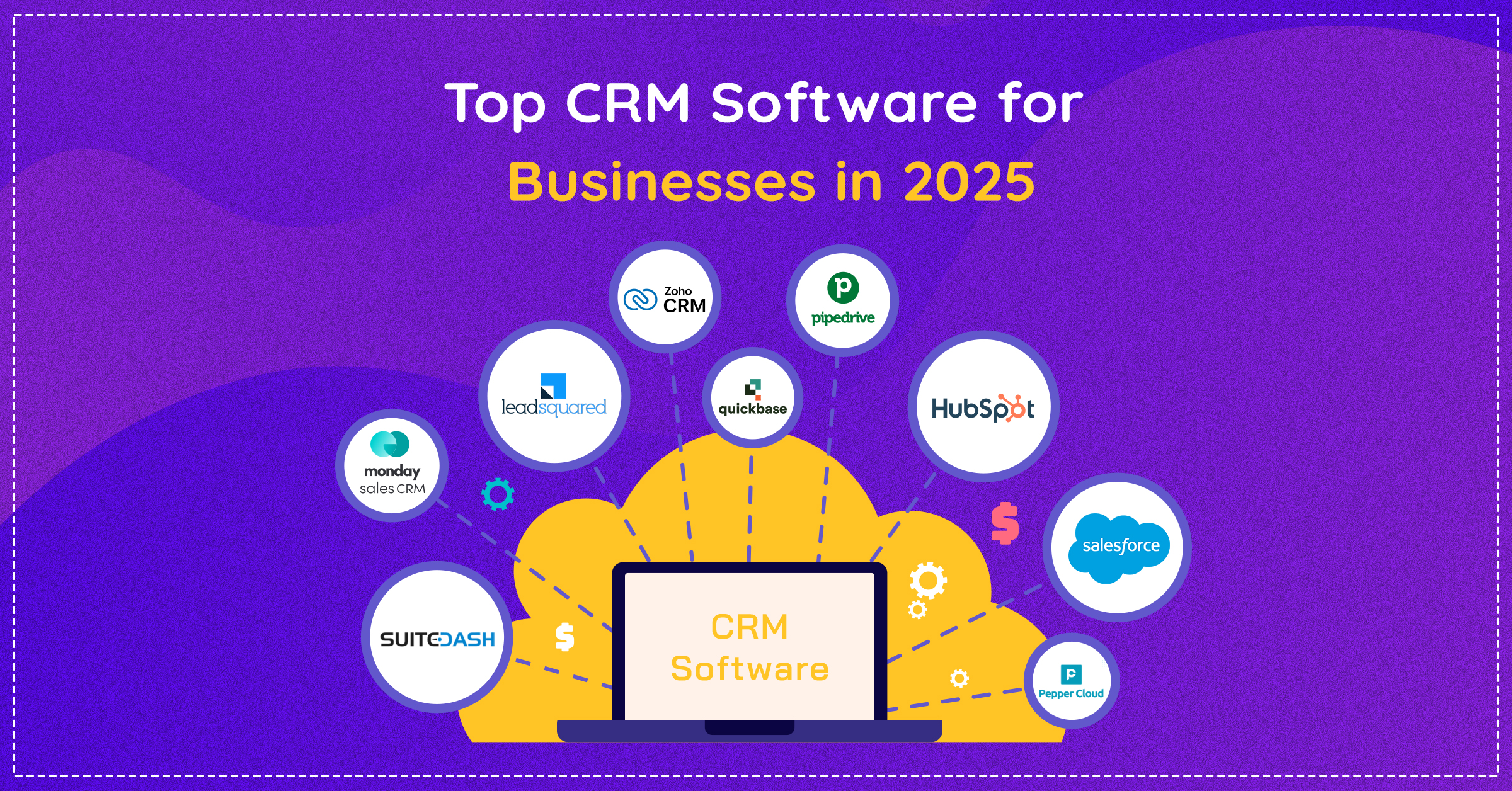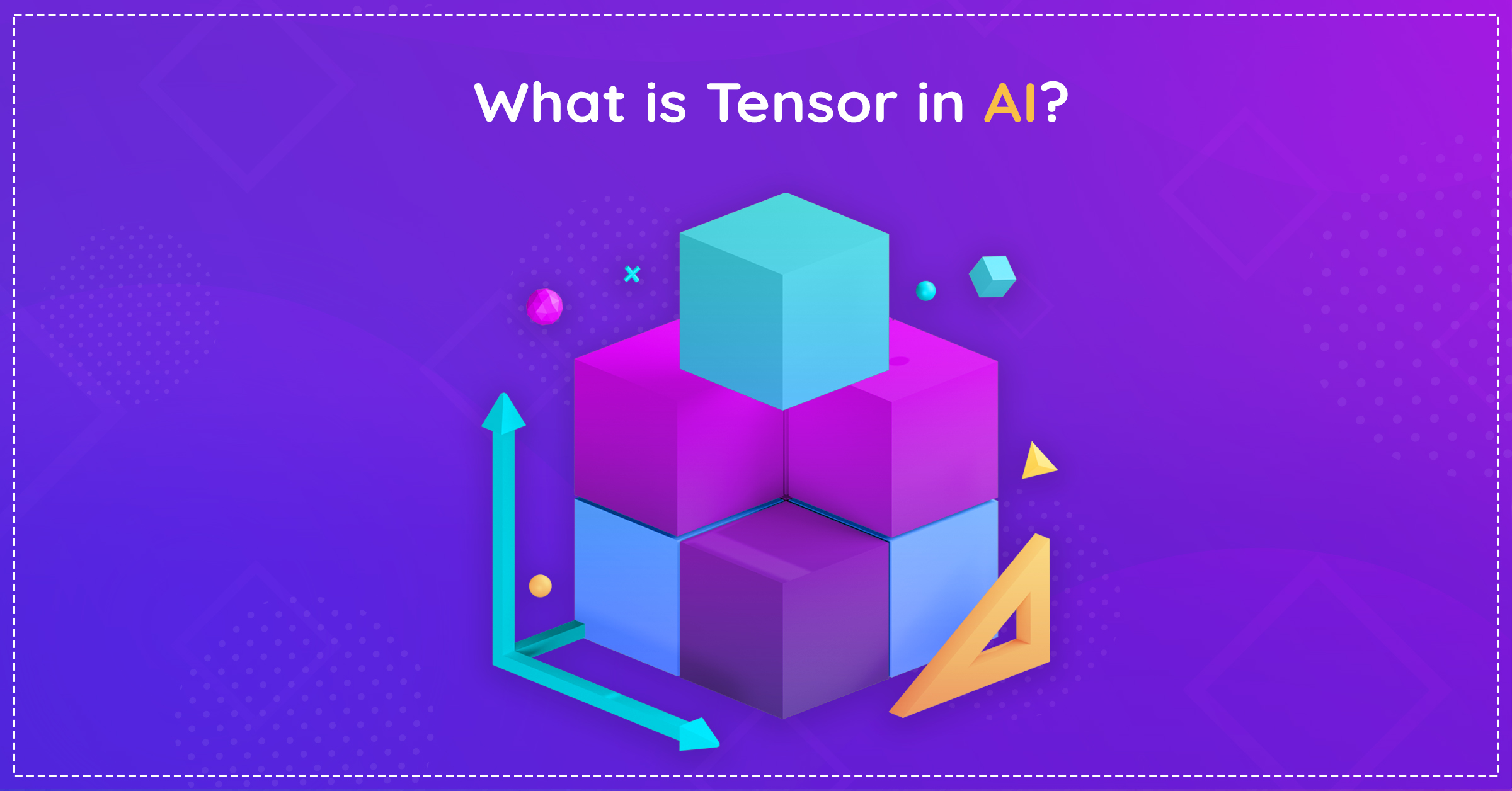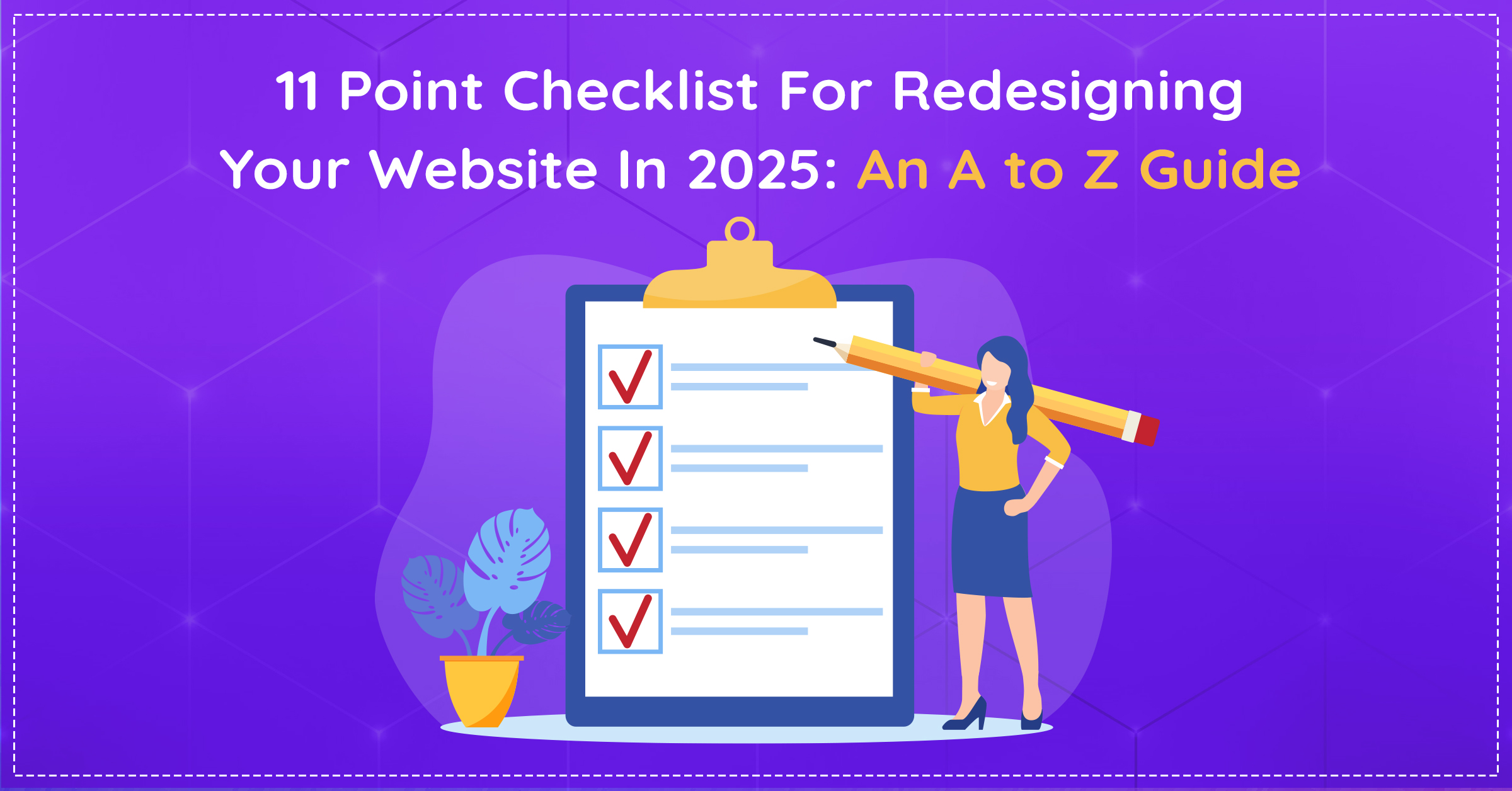Our SEO team at Eiosys has crafted this beginner’s guide to Google’s Search Console, providing essential information to help you start effectively as a beginner.
A little context first!
Imagine your regular physician advising you for a full-body checkup. After having some second thoughts, let’s say you finally go for it.
What now? The diagnostic centre will take a couple of samples, run a bunch of tests say sugar, thyroid, cholesterol, and so forth and within a day or two you’ll get your results.
If everything’s fine, you’ll breathe a sigh of relief. But if there’s something fishy, well let’s just hope you get well soon!
Wait, why are we telling you all this?
Now, let’s swap some places.
Let’s consider your body to be your website and the diagnostic centre to be the Google Search Console. Ringing any bells, yes?
Okay, let’s simplify it even further. Google Search Console runs a bunch of “tests” on your website to gauge its performance on the Search Engine and provides a viable report that can help you understand your website’s shortcomings and thereby work to make it better (or the best).
The best part is IT IS COMPLETELY FREE!
Yes, you read it right, Google Search Console is a free web service by Google that almost every business, big or small, uses to improve their presence and expand their reach.
In this blog, we’ll help you understand what Google Search Console is and provide a step-by-step guide to opening your account on the same and using it for your benefit.
So, let’s get started without any further ado!
What is Google Search Console?
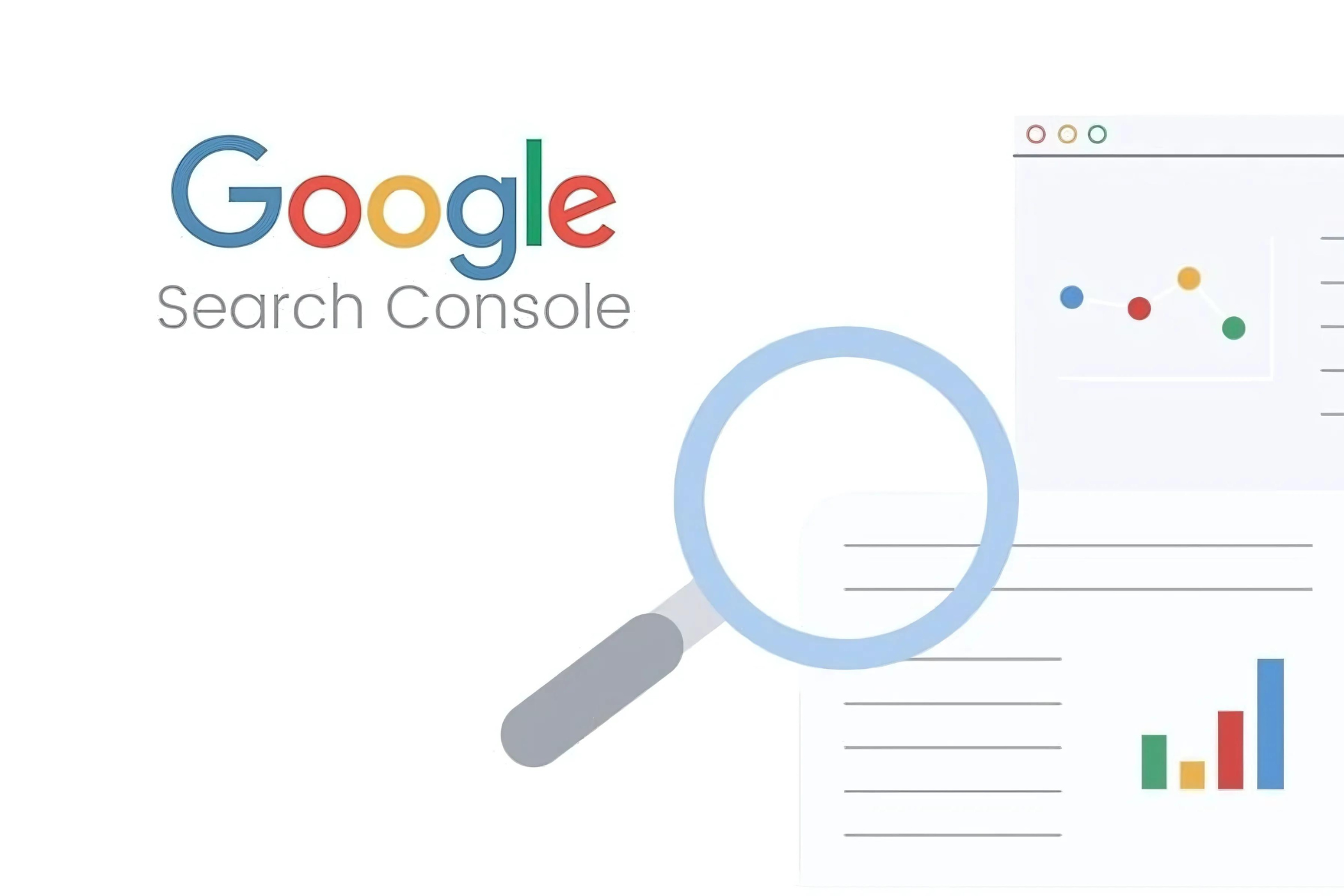
Your job as a website owner doesn’t end with hitting that publish tab on your website. In fact, we’ll go to the extent and say that the real hustle begins after publishing content on your website. Initially, it was all about creating excellent content, but now it’s about surviving and thriving so that your content reaches its potential audience.
But, with the abundance of websites on the internet, there are higher chances that your website will get lost in the ocean. That’s where Google Search Console comes in as a saviour.
Google Search Console analyses your website to tell you how well the search engine can crawl and index the same. It further pinpoints the issues with its performance and usability that harm its ranking. With this information at hand, you’ll be well on your way to ensuring your website reaches that top spot on the SERP.
Now you might be wondering, is GSC for me? To answer this, look at the next section.
Who Should Use Google Search Console?
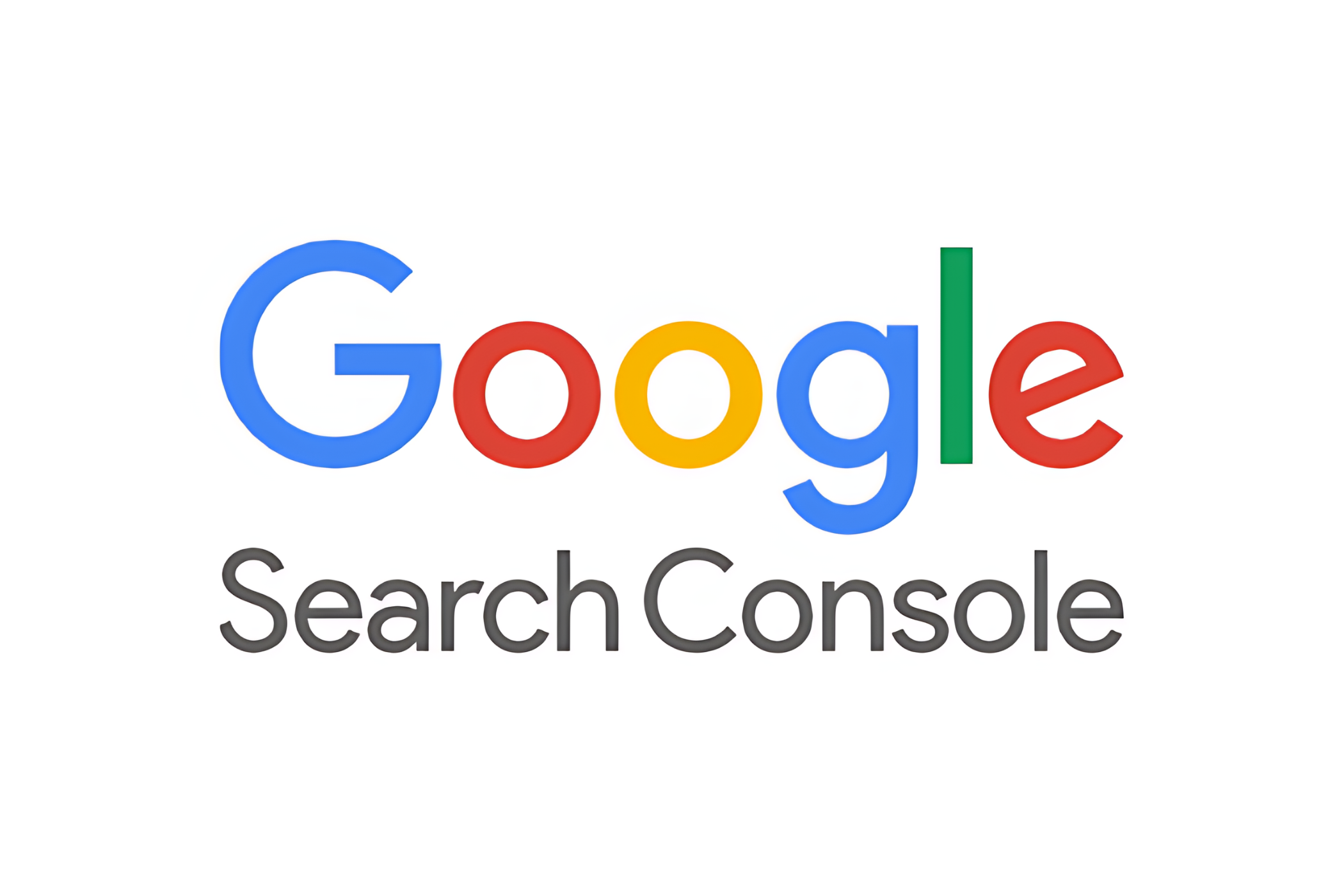
Google Search Console is for EVERYONE with a website.
Yes, it’s as simple as that.
It can help bloggers, SEO specialists, marketers, web developers, site administrators, and business owners (be it small to large enterprises) find the glitches in their website’s performance and fix them for maximum results. If you are a freelancer in charge of SEO for small businesses, GSC can help in technical SEO audit and analysis.
Let’s quickly understand how you can set up your GSC account.
How to Set Up Google Search Console?
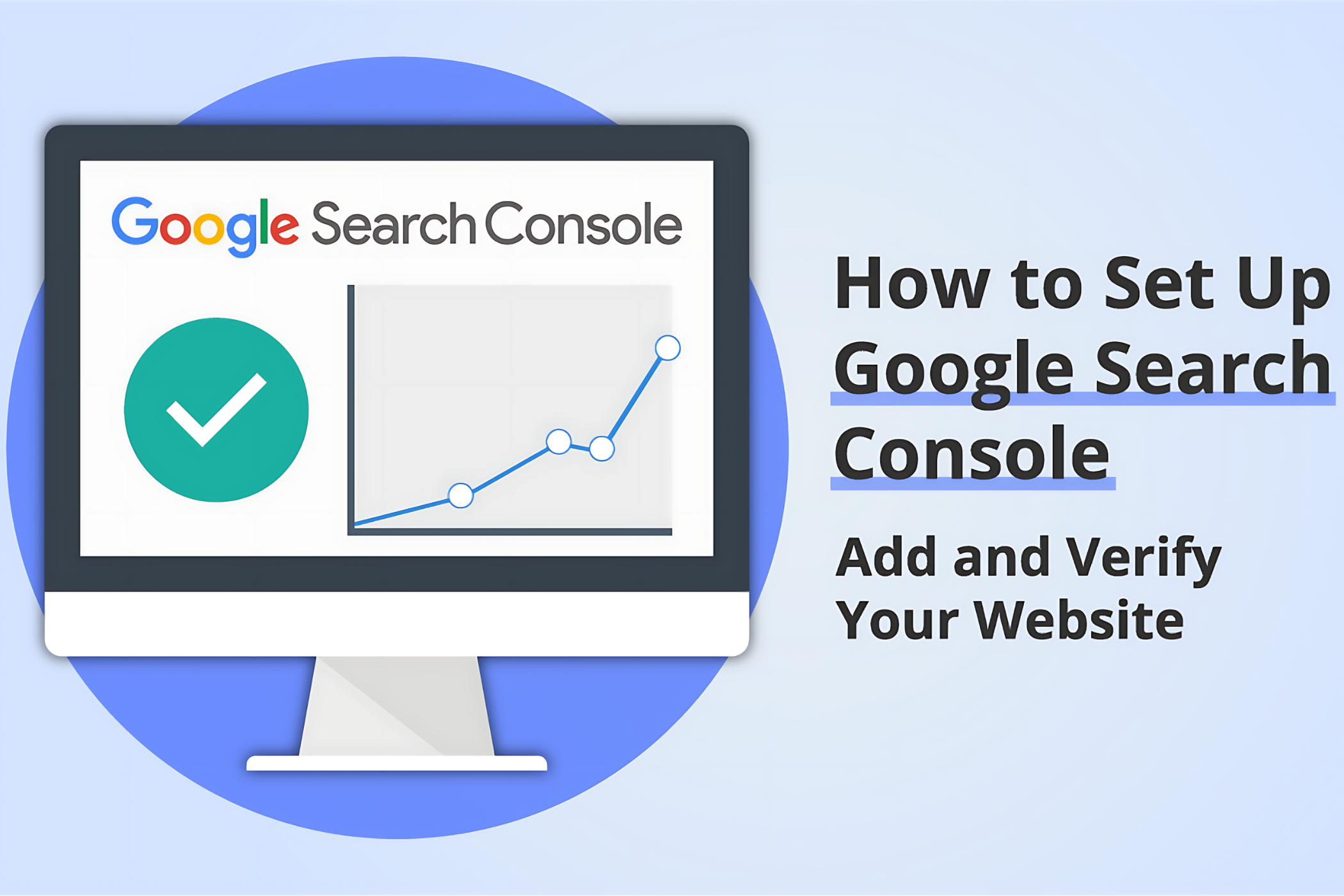
If you switch to the GSC’s website, you’ll understand that the entire signing-up process is simple and quite self-explanatory.
However, here are a few things that you must keep in mind while setting up your Search Console account:
1) While logging in:
- If you already have an account on Google Analytics, you can simply log in with the same credentials.
- Also, if you have multiple websites associated with your Google Account, click on the “search property” tab on the top left of your screen and add the property you want to use.
2) While verifying your domain:
- Once you log in, you’ll have to enter the URL of your website and you’ll be asked to verify its domain in a couple of ways.
- If you’re a WordPress user, you can simply copy the code from the screen (on GSC), paste it onto the “Webmaster Tools” section of your Yoast SEO plugin, save it, and verify it on your Google Search Console. In a couple of minutes, you’ll receive a ‘Success’ notification and viola Google Search Console will start gathering your website’s data.
3) While submitting your XML sitemap:
- If you use Yoast SEO, simply hop onto the ‘Features’ section, click on the question mark next to XML sitemaps, and copy and paste it onto the ‘Add a new sitemap’ tab on Google Search Console. This will further alleviate the process.
5 Key Features of Google Search Console
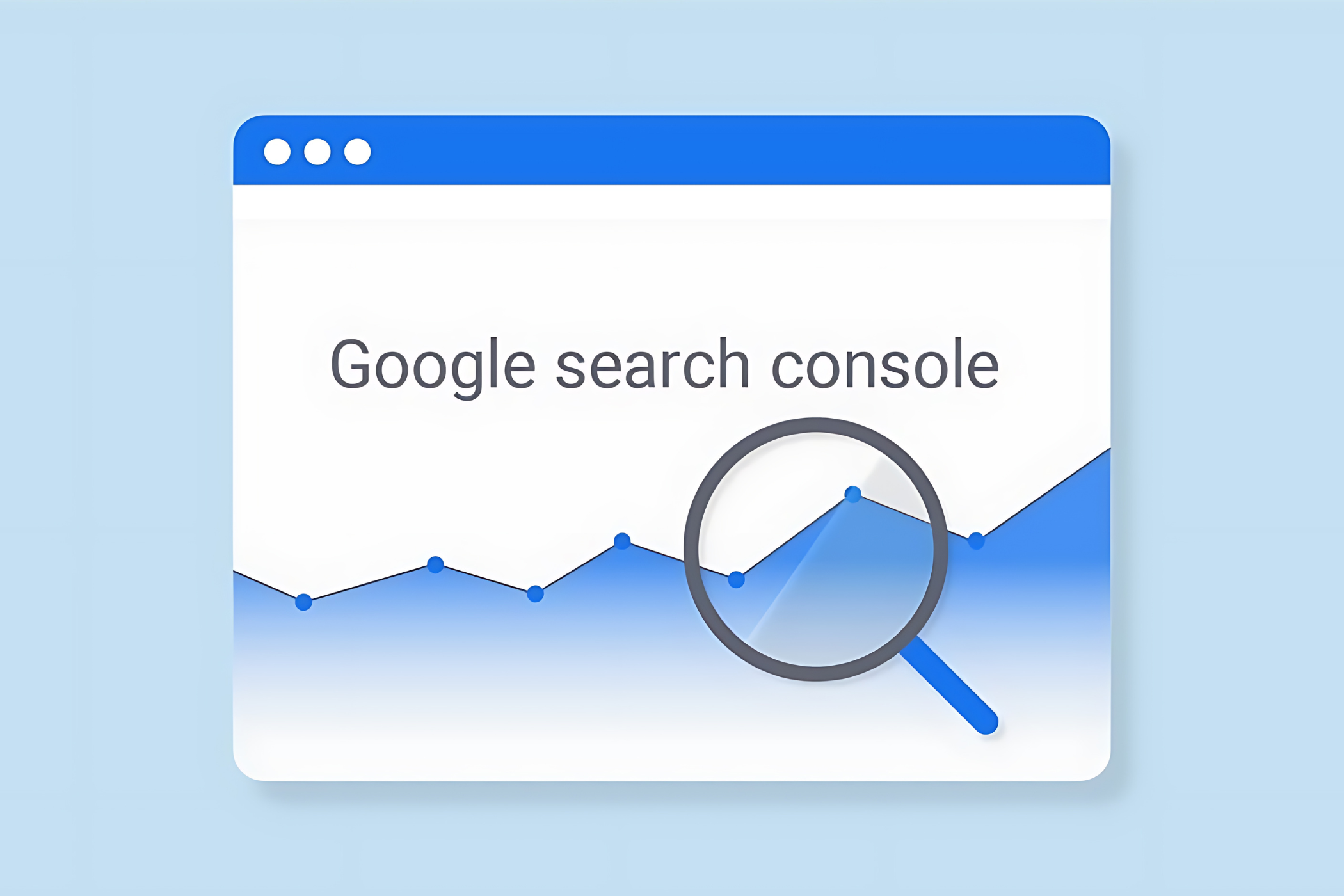
The GSC offers a bunch of metrics measuring your site’s performance, usability, and experience. However, with the abundance of such metrics, it’ll get overwhelming for you to make a note of every one of them. Thus, below we have listed some key features of GSC that are worth considering.
Overview
If you want a summary of your website’s performance, the Overview tab is your one-stop destination. It will offer concise data on your website’s search performance, coverage, experience, and enhancements. All you have to do is follow the prompts, click on the links for which you want a detailed result and you’ll be well on your way.
URL Inspection
This tool allows you to sparingly analyse any page of your website to ensure it is crawlable by search engines. It reports the current index status of a URL, page code, and a screenshot of how Bots see a particular page of your website. You can also request page indexing and troubleshoot any reason for not indexing a particular URL.
Performance
Next, the performance section is designed to give you a deeper insight into how well your website is performing on the search engine. You can choose between analysing your performance in either Search Results, Discover or even the Google News page.
Following are some of the key metrics that you must pay heed to in the performance tab:
- Clicks and Average CTR: Clicks show the number of clicks received on your web pages while the average CTR shows how many times a user clicked your web page as compared to others on the results page.
- Average Position: The Google Search Console also shows the average position of your website in a property report. Usually, a higher position ranking equates to higher clicks.
- Impressions: It shows the number of times the page title and the meta description underneath have appeared on the screens of potential audiences.
Further, the performance tab can also give you insights as to which queries, pages, devices and countries are contributing the best and the worst toward your site’s traffic. This can be immensely helpful in channeling your marketing resources in the right direction.
Index
This feature of the Google Search Console is perhaps the most important. It tells you whether your website and its pages have been discovered, crawled and indexed by Google. If any glitches are holding back your site from being indexed, it’ll alert you about the same and you can work on them.
- Page Indexing Report: It simply tells you whether all of the URLs that Google has discovered on your site are crawled and indexed or not.
- Video Pages: It’s a known fact that indexed video pages have higher chances of being ranked. This metric shows how many indexed pages on your website have at least one video.
- Sitemaps: It will show you the number of sitemaps that Google has discovered on your website. You can even submit newer ones through the ‘add a new sitemap’ tab. All in all, submitting a sitemap via Google Search Console catalyses the discovery process and improves your chances of ranking faster on Google.
- Removals: If you want to remove some content on your website from Google search, you can do so through this tab. Here, you have the options for temporary removal, outdated content and SafeSearch filtering.
Experience
The Experience tab offers three key insights into your website that play an impressive role in its success.
- Page Experience: By showing the total number of good URLs and the impressions of those good URLs, it tells you whether or not your website offers a safe, secure and satisfactory experience to its users. This metric can not only be helpful for designers but also for marketers and owners alike.
- Core Web Vitals: The good URLs must load quickly, be stable and swiftly respond to user’s queries. Thus, the core web vital report evaluates the performance of your website on both desktop and mobile. Further, it signals towards URLs that ‘need improvement’ to help you fix the issues and bring them to the ‘good’ category.
- Mobile Usability: Mobile friendliness is undoubtedly a key figure in measuring a website’s desirability of ranking. This report analyses and identifies the different pages on your website that are mobile-friendly as well as those that are not. It will further highlight the issues that are contributing towards the low mobile usability score and help you to improve the same.
Finished setting up you Google Search Console? Here’s an interesting read : 11 Important SEO Metrics to Track
Final Thoughts
The Google Search Console (GSC) is one of the must-have tools for every person with a website. Its insights can help you analyse the performance of your website, make on-page SEO optimisations and level up your online game! So, sign up on GSC today without thinking twice!
Wait, we understand that using GSC and comprehending the story that its metrics are trying to portray can be overwhelming for many. If that’s the case with you, allow us to do the work for you! Check out our SEO services and give wings to your business (organically)!



